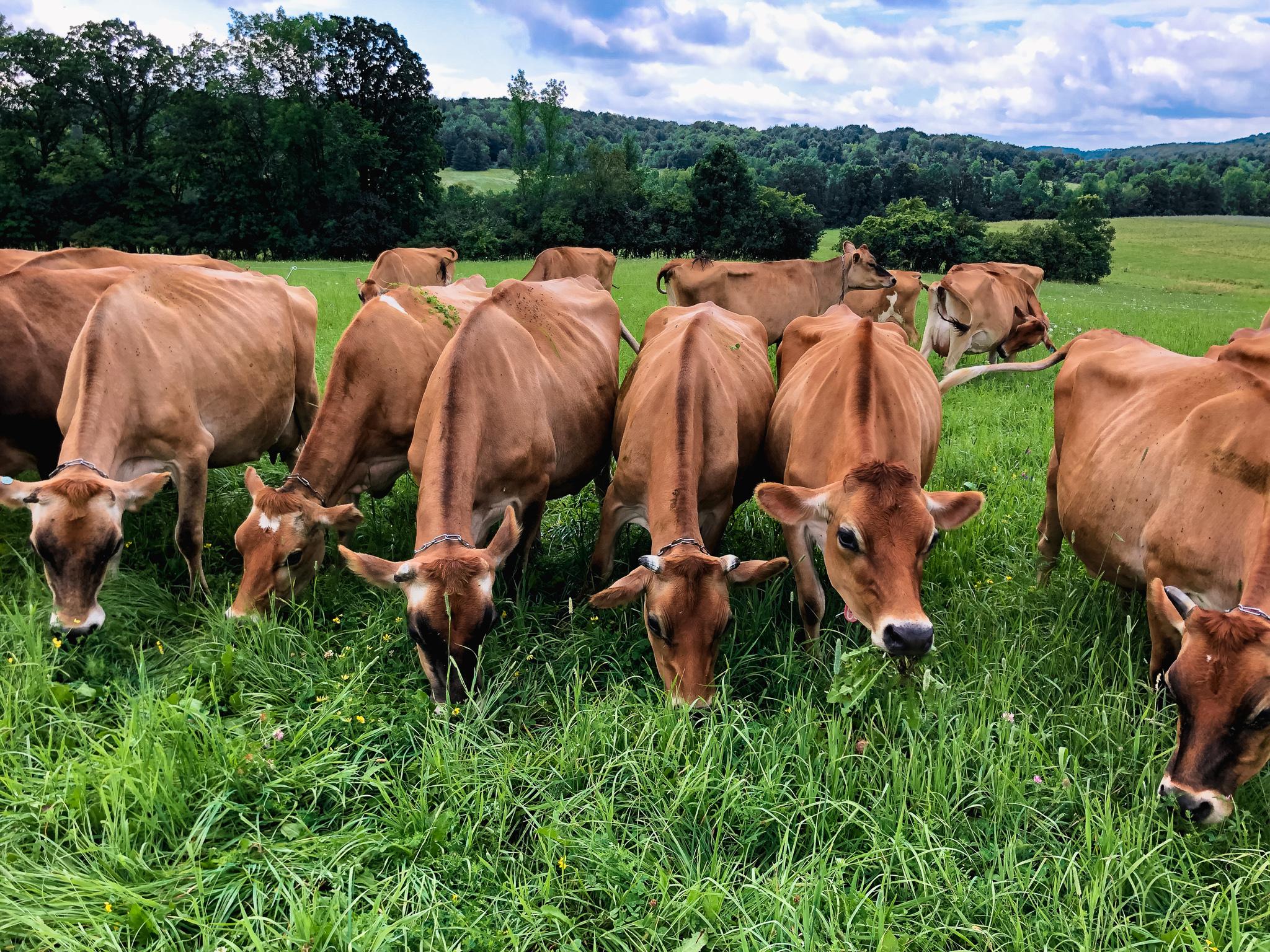The 2013 NOFA Winter Conference held a series of seminars throughout the weekend long event in February. One of these seminars entitled, “Farm in School” functioned to teach educators the link between school gardens and service learning/curriculum.
The seminar began with an explanation that, contrary to popular belief, school gardens are not just to teach students how to cultivate and yield their own crops. The education extends far beyond the greenhouse/garden and into the classroom.
Steve Colangeli, the head of the Middlebury High School Garden Project explained to a room full of educators that school gardens can be beneficial in all subject area. This idea of “farm across the curriculum” makes school gardens more appealing to school budgeting. Colangeli provided attendees with a list of subject areas and how they are related to school gardens.
-Biology: cells and reproduction
-Ecology: food chains, energy and limiting factors
-Environmental Science: Sustainable agriculture
-English: journal writing, farm to school letter writing
-Math: Financial Literacy/ Business, Algebra and Geometry
-Art: sketch diaries and painting
-Social Studies: New World/Old World Foods
In additional to curriculum inclusion, Colangeli discussed the link between school gardens and service learning. For those of you who don’t know service learning is a method of teaching that combines formal instruction with a related service in the community.
School gardens allow students to fully immerse themselves in their school’s community. For example students can supply their cafeterias with local greens while learning how to run sustainable businesses. Colangeli explained that at certain times during the school year Middlebury High School is able to source 100% of their cafeterias salad bar from their garden. The service learning aspect can be taken a step further in that high school students are doing field trips to middle and elementary schools to teach the students the importance of sustainability.
“In the end,” Colangeli concluded, “it is all about teaching these students to be better community members”. This activity in the community is what service learning is all about, it teaches students how to apply the skills they learn in the classroom to real life scenarios and if you ask me that experience is invaluable and something few high school students get to experience.
Guest blogger: Ally Gravina

